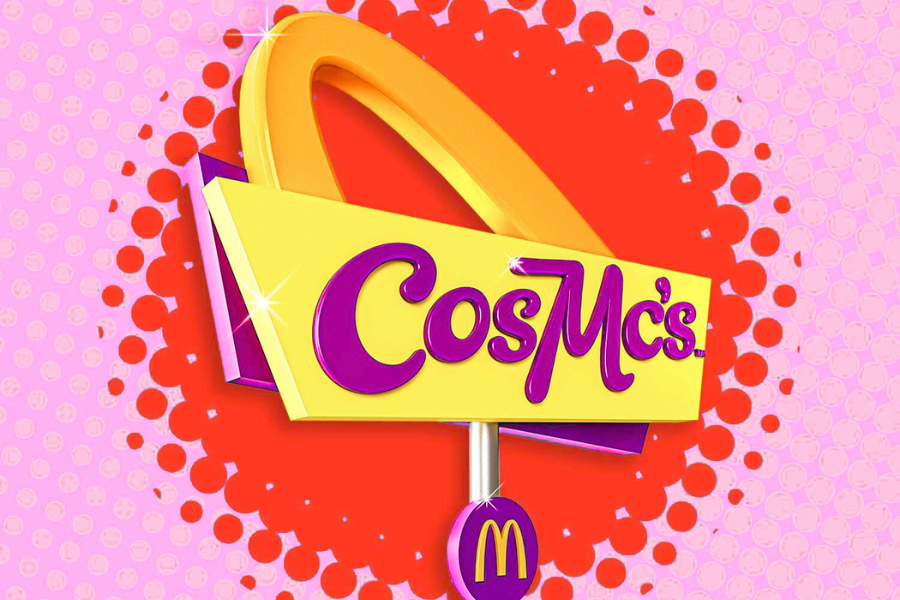Netflix made an unexpected hit when it released the 2017 horror/comedy headliner “The Babysitter,” which has initially received mixed reviews, but ultimately still made the front page of America’s most popular streaming service. The genre of horror/comedy relies on the plot of the film to be somewhat laughable and awkwardly coordinated, which it was. The story of a young boy, Cole (Judah Lewis), having a crush on his babysitter Bee (Samara Weaving), seems simple enough, but it evolves into something much darker when aspects of demonic worshipping are introduced, in an almost satirical manner. Either way, in the rise of streaming services such as Netflix over the past few years, it would only make sense to capitalize on the opportunity to release a sequel to a semi-successful movie, which is exactly what Netflix has done. While sequels are often a letdown because they’re held in comparison to the original, “The Babysitter: Killer Queen,” actually falls short of all expectations by a mile.
With most of the cast returning, such as Lewis and Weaving, as well as cover star Bella Thorne and King Bach, hopes were that director McG could recreate the success of the original film by mirroring the awkward humor that kept audiences drawn in, the laughable scenarios that were ironically stupid to the very core and the integration of comedic-like violence and gore seamlessly into the plot. This film fails to do all three of these vital components.
The film suffers from a very poor plot with an even poorer story. While the first film successfully amplified a whimsical dumb plotline, this sequel seems to exaggerate the qualities. Somehow, the movie’s plot got even dumber, as if the writers were trying too hard to achieve comedy, that simply wasn’t funny, but rather, difficult to watch. The entire movie seems rushed and forced, and the constant flashback to the original paired with choppy editing leaves audiences either confused or unsatisfied. The writers should have kept it simple, leaving out the notion for flashback scenes and dampening emotions that awkwardly twist each character arc.
Additionally, an argument could be made that a sequel shouldn’t have been made in the first place, as many of the original characters had already died. This film lands in the pitfall that many other sequels plummet to: trying to outdo the original in the most bizarre ways for an absolute overkill on all aspects. Twelve-year-old Cole managing to outsmart and accidentally kill a handful of teenage demonic worshippers sounded like the beginnings of a comedic hit, but there’s no need to resurrect all the dead worshippers seeking revenge in the sequel. It seems too obvious that the writers are trying to transition the characters across timelines by making disconnected pop references that historically check out, but ultimately are just too awkward to be of any comedic value, such as when characters start to break down to the 90’s trend of Hammer Time dance.
Another awkward aspect of the film is that while Cole has grown up a bit, he’s somehow a 14-year-old junior in high school, which first off, doesn’t check out. What’s even worse is that his 14-year-old junior friends drive designer cars with blazing flames on the side and hold wild parties on lakes with boats that seem exclusive to college frats and sororities.The underlying sexual references throughout the film are downright uncomfortable when you realize that even though Lewis himself is 19, he’s playing a character who shouldn’t even be allowed to legally have a learners permit.
“The Babysitter: Killer Queen,” finds it’s comedic values in the wrong aspects, unfortunately. Instead of laughing at King Bach’s hysterical outbursts, or the comical portrayal of each seemingly unique character, audiences will find themselves laughing at the poorly written story itself, in a more mocking fashion rather than appreciative. Simply put, it’s a recycled horror/comedy film that manages to pollute the tiny fabrics of horror that could have been weaved into something interesting, while providing an extreme letdown in the humor department.
Rating: D






















